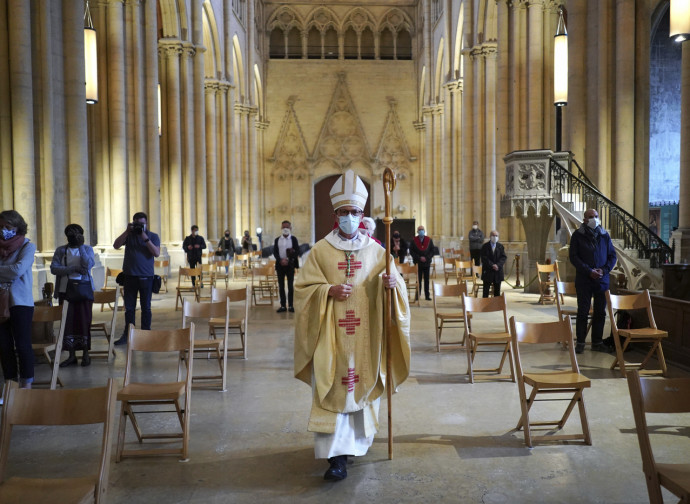
Prayer and online religious practice have increased in the island of Ireland during the Covid-19 pandemic, according to a new report. “Many faith leaders described an increase in religious practice, linked to moving online. They observed surprising numbers of people tuning in for worship services and other events, noting that people who would not have...

Too much or too little are two ways of doing something wrong. A well-meant action can go bad because of an excess of it or a lack of it. Courageous gestures, for instance, lie between excessive fear and recklessness. If we consider risk, which is a common and inevitable element of life, what is too...
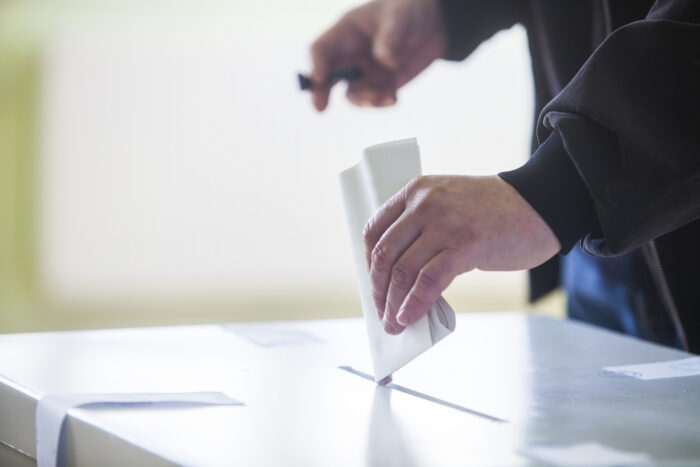
By Jim Stack MSc PhD Two years after the abortion referendum, I found myself thinking quite a lot about how that referendum result came to be. A big part of the explanation was, of course, the relentless pro-abortion bias in media coverage of the issue, stretching over most of the thirty-five years of the Eighth...
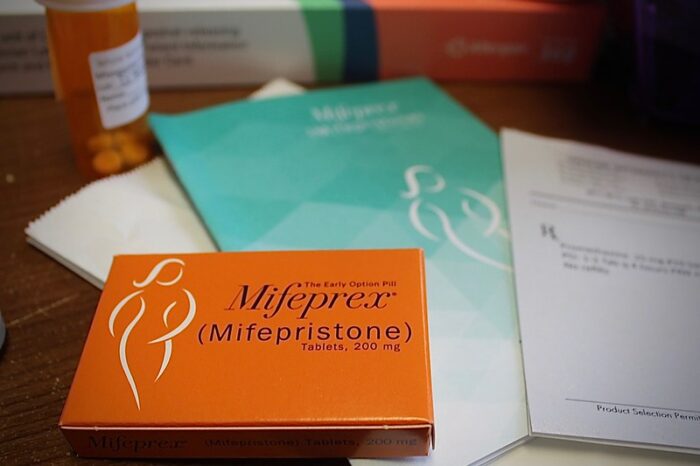
This week an article attacked Irish doctors who offer medical assistance to women who have taken abortion pills and then changed their minds before the effects were final. The article contains a number of claims that need to be challenged. A chemical abortion consists of two separate pills: the first, called mifepristone, blocks the effects...
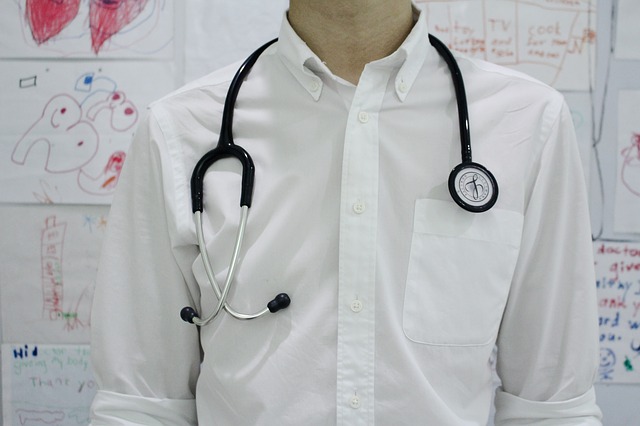
In a previous blog I discussed an article published in the New England Journal of Medicine (NEJM) that debates certain principles for allocating scarce medical resources during a pandemic. The authors propose four main values that can be useful when there is a shortage of resources. They are: 1. Maximize the benefits; 2. Treat people equally; 3....
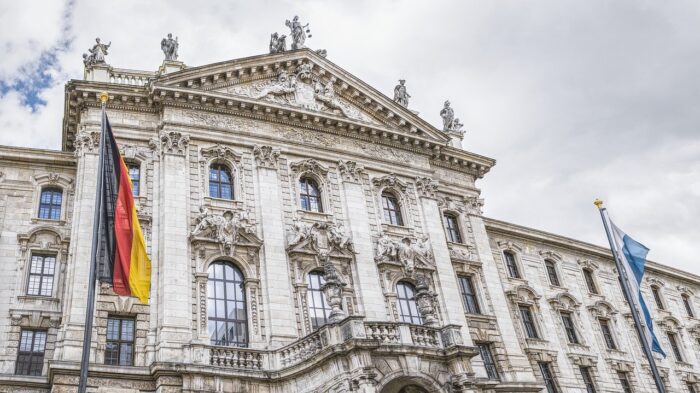
In both Germany and France, judges have ruled that a ban on public worship in response to the pandemic is disproportionate and a violation of rights. The judges were aware of the need to protect public health, but believed this could be done without a total ban. The German Federal Constitutional Court, on April 29th,...
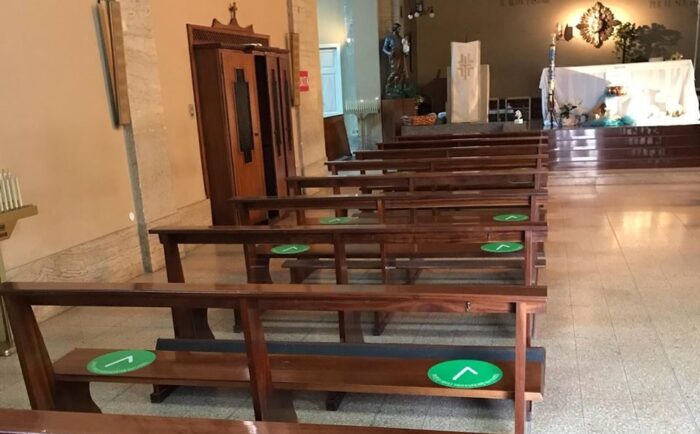
While Ireland plans to keep the ban on public religious ceremonies until July 20th, other European countries are allowing public worship again much sooner. In fact, we seem to be one of the last countries to restore public worship. In some countries like Spain, Sweden, Poland and Bulgaria, public worship has never been discontinued even...
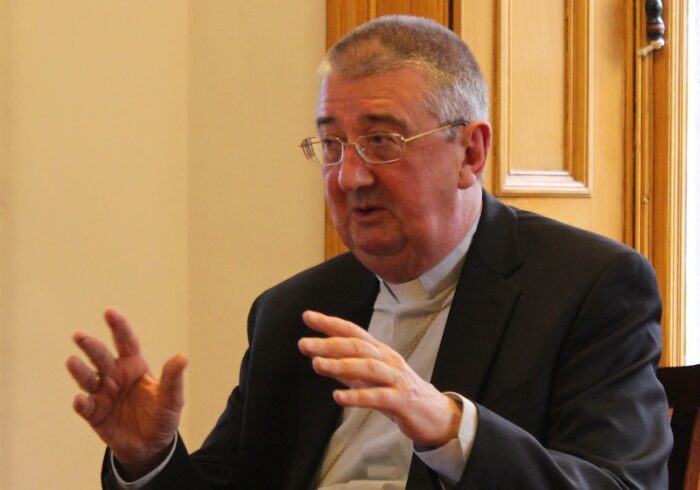
This is the full stranscript of an interview given by Archbishop Diarmuid Martin on Today with Sarah McInerney (RTE Radio 1), on 13th May. SMcI: What churches will look like in the new normal? Archbishop, thank you very much for joining me this morning. You have suggested that churches should start looking at a...
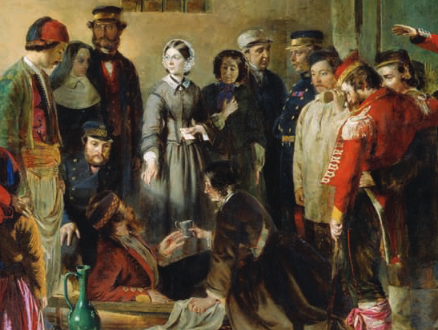
On Tuesday, we celebrated International Nurses Day, which coincides with the birthday of Florence Nightingale. She is regarded as a founder of modern nursing after she became famous for her work during the Crimean War of the 1850s. What has been largely forgotten is that she took inspiration from the works of medical nuns, who...

A new study from Harvard University has found that the frequent attendance of religious services dramatically reduces so-called ‘deaths from despair’, such as suicide, and drug or alcohol abuse. This finding seems more relevant than ever given the current pandemic that has resulted in untold job losses and a very uncertain future for many people....